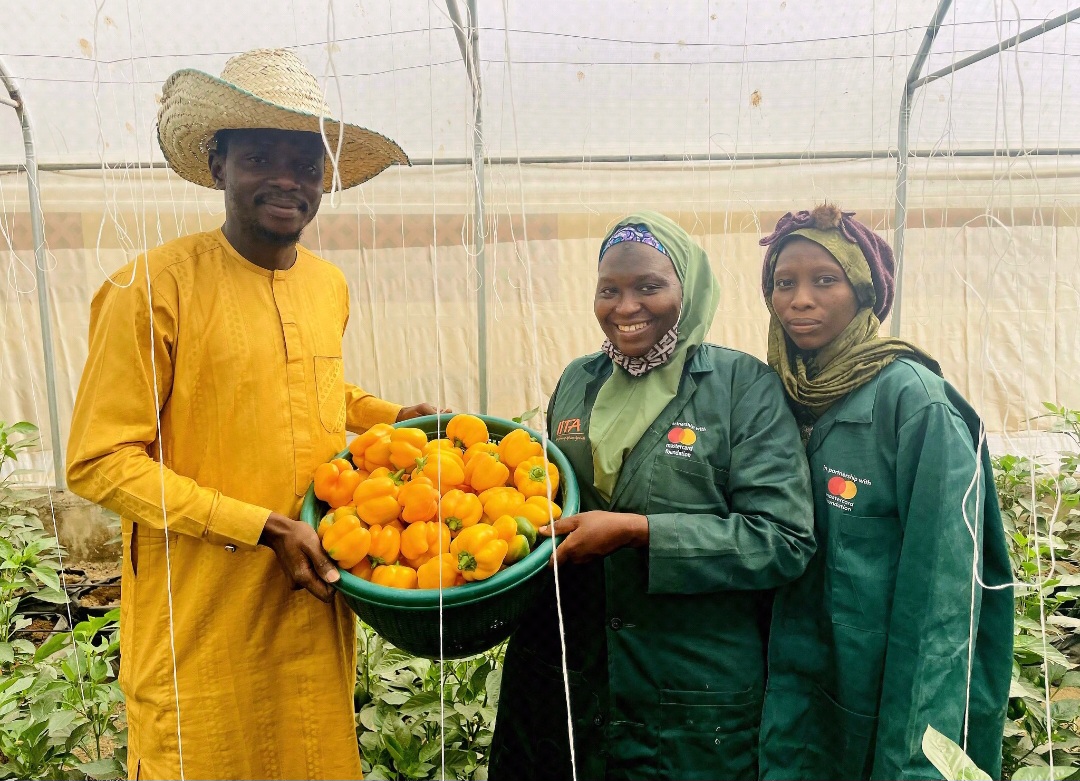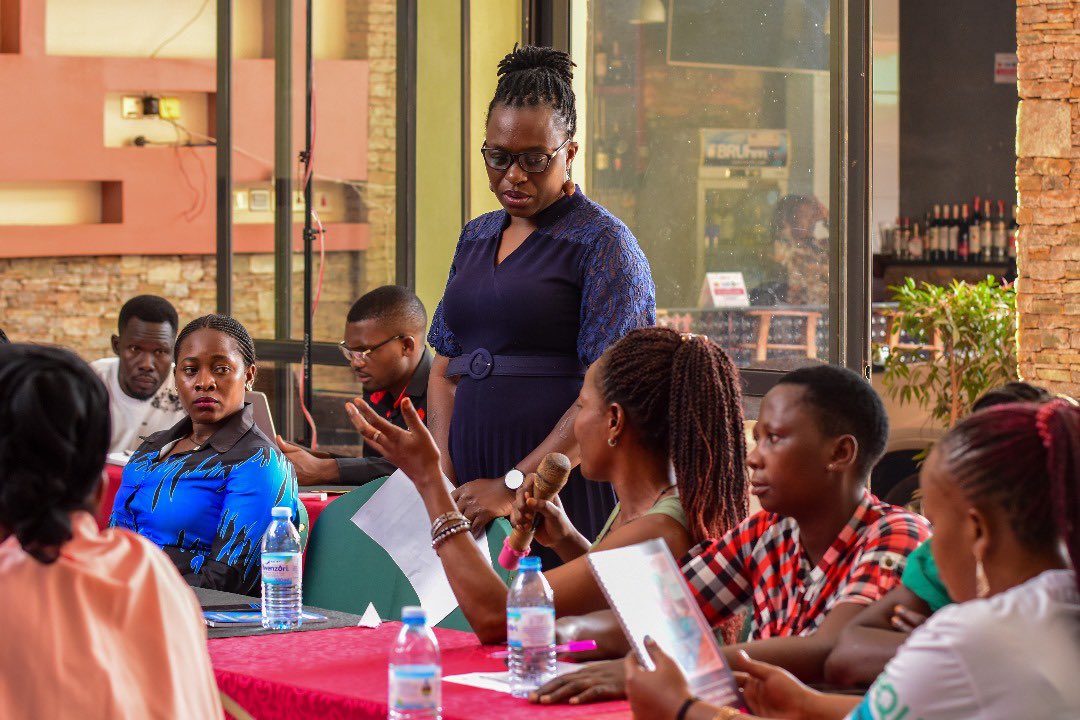In Uganda, the ENABLE-TAAT project is paving the way for a brighter future for the country’s youth by creating job opportunities and enhancing agricultural productivity.
Focused on empowering young people in the agricultural sector, the project provides access to innovative agricultural technologies, capacity building, and essential entrepreneurial skills.
By targeting key value chains such as maize, cassava, aquaculture, and livestock, ENABLE-TAAT helps boost both the productivity and profitability of Ugandan agripreneurs, fostering sustainable careers and contributing to the nation’s economic growth.
Central to the project’s approach is the Agribusiness Park model, an innovative framework that engages youth in hands-on learning. The model offers practical experience in farming, processing, storage, and marketing, equipping participants with the skills they need to succeed. This on-the-ground training ensures that young people not only build sustainable careers but also contribute significantly to Uganda’s food security and economic development.
The impact of the agribusiness parks has already been visible, with the first harvests across various operation clusters demonstrating the model’s success. In the maize cluster at Sendusu, youth agripreneurs cultivated 3 acres of land and harvested an impressive 4 tons of maize. Similarly, at the Improved High Biomass (IHB) Agribusiness Park, youth harvested 2 tons of IHB from the same acreage.
The horticulture cluster has also shown great promise, with successful tomato and cabbage harvests that have boosted local food availability. Much of the produce has been sold at local and regional markets, further underscoring the project’s ability to generate tangible benefits for the community.
The success of these youth-led operations extends beyond food production. Financially, the agribusiness parks have proven to be highly profitable. The maize cluster earned US$1,080, the IHB cluster generated $1,350, and the horticulture cluster brought in $800 from the sale of tomatoes and cabbages.
These earnings not only cover operational costs but have also demonstrated the financial potential of agribusiness. For instance, the Mukono Youth Agripreneurs Cooperative (MYAC) used these earnings to fund three months of the Chairperson’s costs, proving that youth-driven agribusiness can lead to financial independence.
The horticulture cluster’s achievements have gone even further, expanding into international markets. With the support of Mukono’s District Commercial Officer, Ntege Kenneth, the team secured tomato export opportunities to neighboring countries such as Sudan and the Democratic Republic of Congo (DRC). This success significantly broadened their market reach, increasing profitability and showcasing the potential for Ugandan youth to tap into export markets.
Further strengthening the impact of these agribusiness parks, ENABLE-TAAT provides ongoing technical guidance and mentorship. The project encourages young people to adopt sustainable agricultural practices, ensuring the long-term viability of their operations.
Training in areas such as record-keeping, crop spacing, drought-resistant varieties, and efficient farm management has been essential in boosting productivity and sustainability. By connecting youth with resilient crop varieties and the latest agricultural technologies, ENABLE-TAAT is helping them to thrive even in challenging conditions.
The stories of success from these agribusiness parks demonstrate the transformative power of youth-led initiatives in agriculture. By offering young people access to land, training, and market opportunities, the project is increasing food production, empowering youth to achieve financial independence, and making meaningful contributions to their communities.
With the right support, Uganda’s youth are proving that agriculture can be a pathway to sustainable livelihoods and resilient food systems. Through initiatives like ENABLE-TAAT, young agripreneurs are shaping a brighter future for themselves, their communities, and the entire nation.
Do you have a story in your community or an opinion to share with us: Email us at Submit an Article









